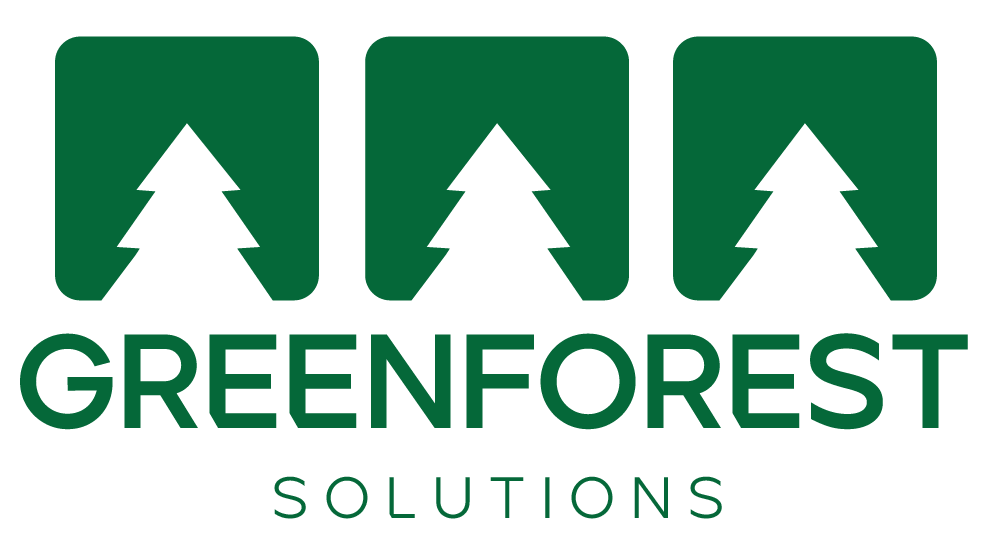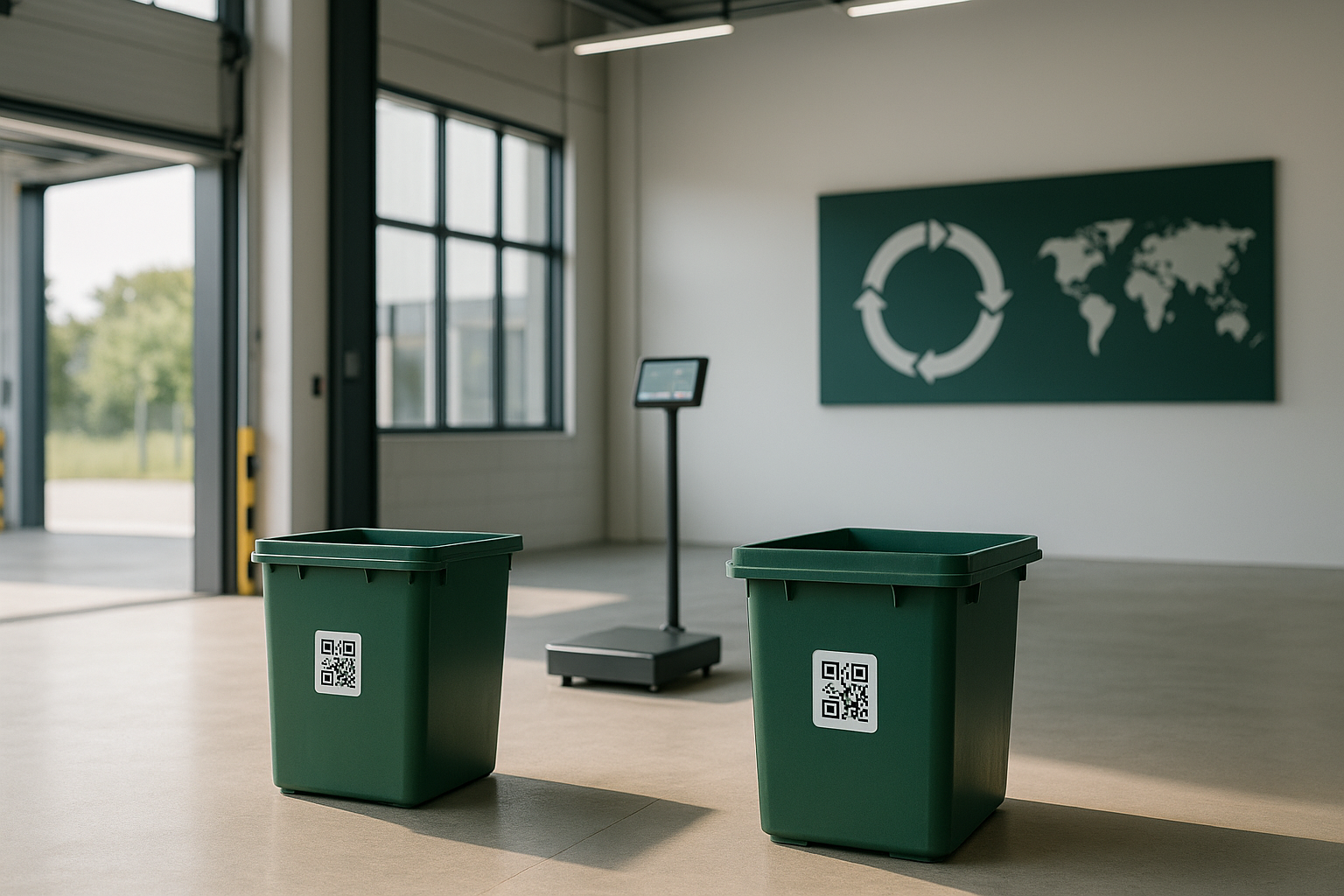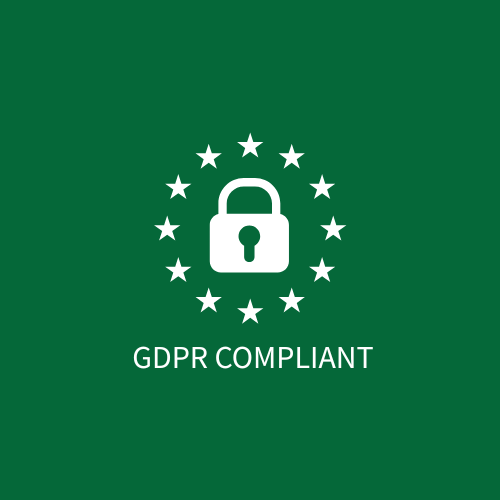Blog.
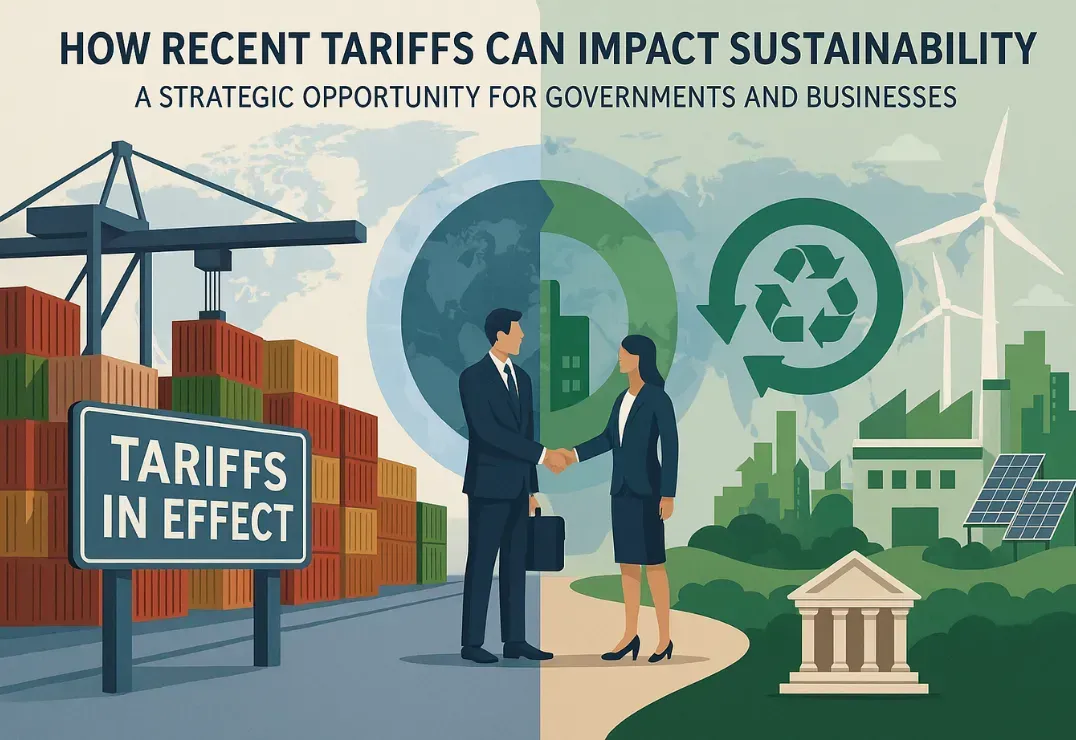
June 18, 2025
A Strategic Opportunity for Governments and Businesses. by Vy Nguyen The global race toward sustainability is being tested by a new wave of U.S. trade tariffs. With economic pressure rising and international relations shifting, both governments and businesses must rethink their strategies. Could this disruption actually become an opportunity for green innovation?
